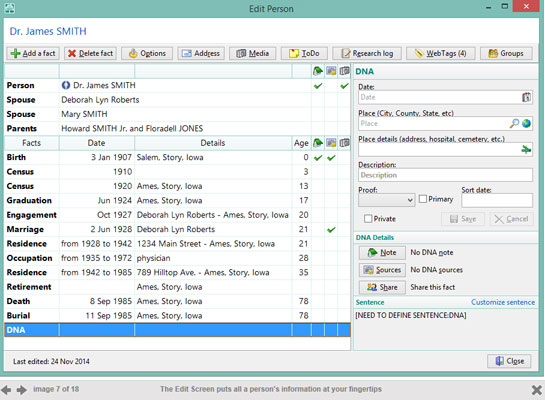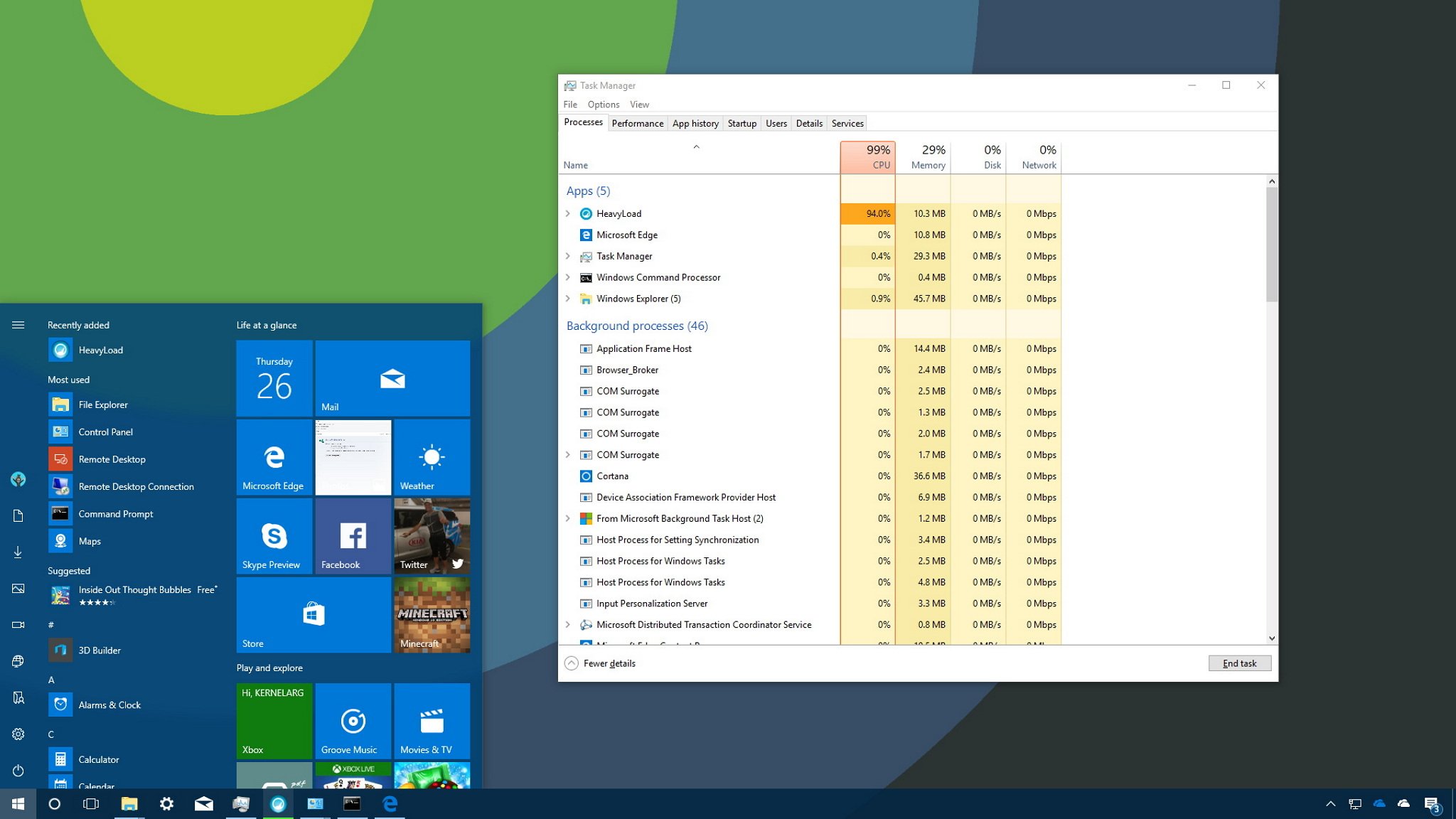

#ROOTSMAGIC 7 OUT OF SYSTEM RESOURCES HOW TO#
Because PDCA does not specify how to analyze data, a separate data analysis process (Figure 3) is used here as well as in other processes throughout the organization.įigure 3: Pearl River Analysis Process Do Data can be analyzed for individual students or stratified by grade, gender, or any other subgroup. The A+ Approach begins with a "plan" step, which the school district calls "analyze." In this step, students’ needs are analyzed by examining a range of data available in Pearl River’s electronic data "warehouse." The data reviewed includes everything from grades to performance on standardized tests. Improvement is not a separate activity-it is built into the work process. Provision of student services and support servicesįigure 2 shows their "A+ Approach to Classroom Success." This is a continuous cycle of designing curriculum and delivering classroom instruction.The PDCA model was the basic structure for the district’s: The Pearl River, NY School District, a 2001 recipient of the Malcolm Baldrige National Quality Award, used the PDCA cycle as a model for defining most of their work processes, from the boardroom to the classroom. Use what you learned to plan new improvements, beginning the cycle again. If you were successful, incorporate what you learned from the test into wider changes. If the change did not work, go through the cycle again with a different plan. Act: Take action based on what you learned in the study step.


Just as a circle has no end, the PDCA cycle should be repeated again and again for continuous improvement. The Plan-do-check-act cycle (Figure 1) is a four-step model for carrying out change. Understand the evolution of these variations. Variations: plan-do-study-act (PDSA) cycle, Deming cycle, Shewhart cycle. Quality Glossary Definition: Plan-do-check-act (PDCA) cycle
#ROOTSMAGIC 7 OUT OF SYSTEM RESOURCES PLUS#
Try Plan-Do-Study-Act (PDSA) Plus QTools™ Training:


 0 kommentar(er)
0 kommentar(er)
